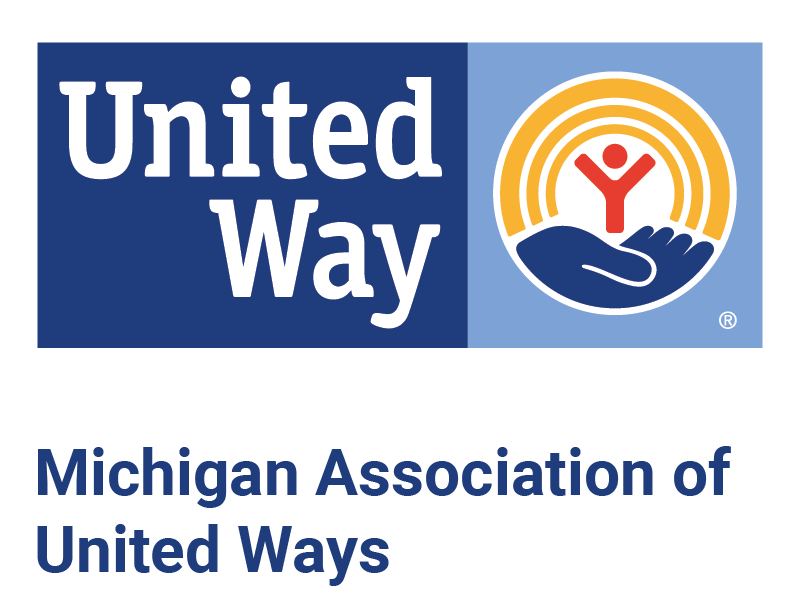Indicators of well-being bring new value to alice project
Since the first launch of the ALICE Project in Michigan, a decade ago, we have seen the adoption of ALICE across public and private systems as the definition of financial stability in Michigan. These days, the more people learn about ALICE, the more we hear communities ask, “what now must we do about this?”
To better serve ALICE and ultimately reduce the number of households living below the ALICE Threshold requires a deep understanding what’s going on in each community where ALICE lives, especially when it comes to factors that we know help people thrive.
Across Michigan, United Ways find strong associations between lower incomes, lower levels of education, poorer health and other life outcomes. We are committed to weaving together this information, which we learn by listening to and serving ALICE themselves, with not only ALICE data but also other rich sources of data on the assets and characteristics of communities, so we and our partners can answer the “what now?” question with a rich and holistic understanding.
To accomplish this further, we are proud to announce that, with the sponsorship of the Michigan Credit Union Foundation (MCUF), the ALICE Project in Michigan will have a new resource, the Indicators of Well-Being, connecting ALICE rates with a host of other social, health, and economic statistics for use by decisionmakers, institutions, and many other stakeholders in their work supporting ALICE households.
The Indicators of Well-Being tool displays maps that show the percentage of households below the ALICE Threshold along with maps of additional indicators of well-being, ranging from health care provider rates, severe housing problems, and many more. This tool can help local United Ways and other stakeholders in Michigan track the co-occurrence of ALICE rates with other variables at state and regional levels so we can ask better questions and better target resources to have the greatest impact for ALICE in our communities.
Dig into the data, and if you are thinking about ways to use it, let us know so we can learn alongside you as this exciting new resource rolls out.
Let’s work together to wield the full power of the ALICE Project to create lasting improvements to the well-being of our communities.
Kaitlynn Lamie is the President & CEO of the Michigan Association of United Ways.
View the full Press Release including comments from the Michigan Credit Union Foundation
The Michigan Association of United Ways thanks the Michigan Credit Union Foundation for their support of this initiative as well as our longtime partners at the Consumers Energy Foundation for continuing to support presence the ALICE Project in Michigan.
